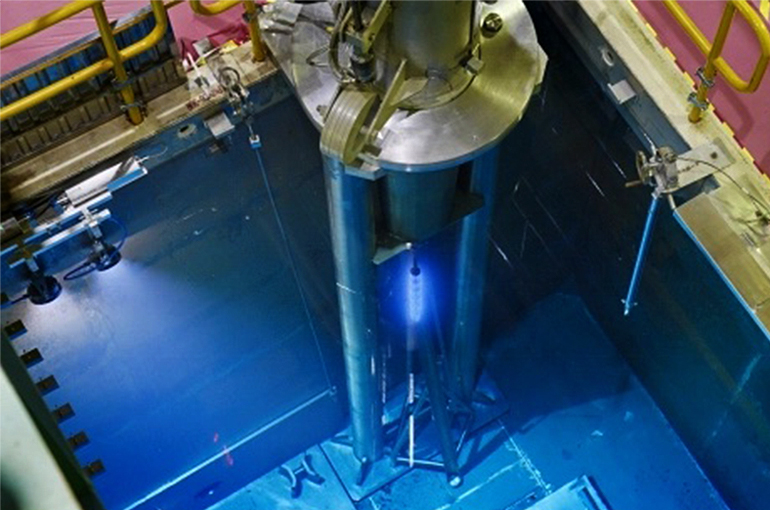 China Starts Mass Producing Carbon-14 Isotope in Nuclear Reactor
China Starts Mass Producing Carbon-14 Isotope in Nuclear Reactor(Yicai) April 22 -- A commercial nuclear power reactor in China has started mass producing carbon-14 isotope, a milestone that will help the country reduce its reliance on imports of the radioactive material widely used in medicine and agriculture.
The Qinshan Nuclear Power Plant, owned by China National Nuclear Power, made the breakthrough by extracting carbon-14 from the plant’s commercial heavy-water nuclear reactor on April 20, after exposing it to radiation for two years, the state-owned firm said the same day. Before this, the isotope was mainly produced in research reactors.
China has relied on costly and unstable imports of carbon-14, which is used in medicine, chemistry, and agriculture, with applications such as testing for viral infections, developing new medicines, and monitoring environmental conditions. Mass production should ensure a more stable supply at lower cost and there should be no impact on electricity generation capacity or the safety of the nuclear plants.
China National Nuclear Power will begin sales of the mass-produced isotope this year after necessary processing, the Beijing-based company said.
The reactor unit in Qinshan, Zhejiang province is expected to produce around 150 curies of carbon-14 a year to fully satisfy the domestic demand, according to Shang Xianhe, its general manager.
The breakthrough should also boost downstream businesses, as unreliable and expensive carbon-14 imports have greatly hindered their development, according to China National Nuclear Power.
The company has installed new equipment so that the plant will also be able to produce most of the other medical radioisotopes, such as the cancer treatment agent lutetium-177 and yttrium-90, that are produced by being exposed to radiation.
Editor: Emmi Laine